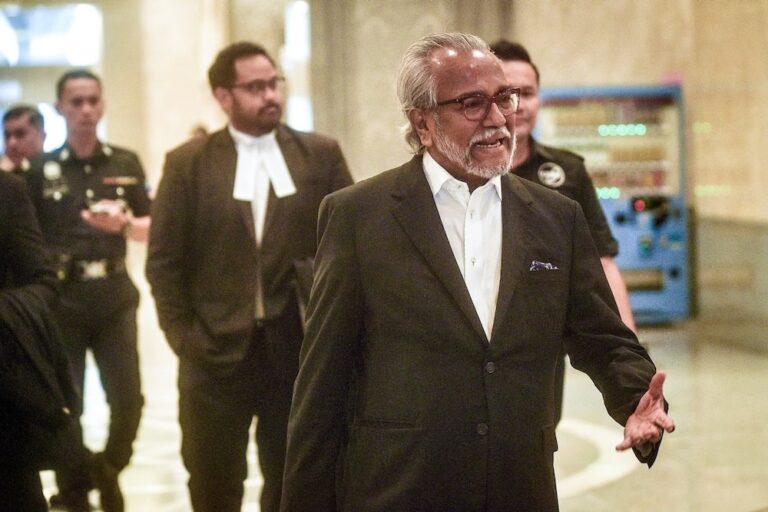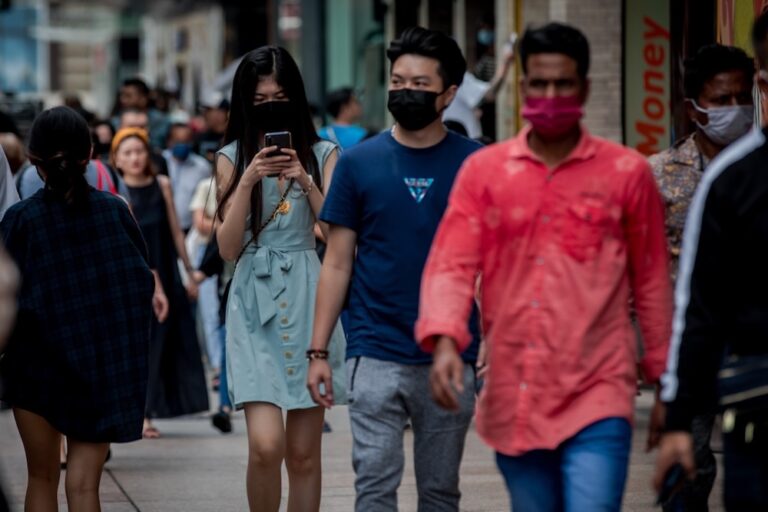(SEAPA/IFEX) – The Malaysian government has barred the media from pursuing their own stories about the wedding of Prime Minister Abdullah Ahmad Badawi, which will take place on 9 June 2007. The 6 June directive from the Prime Minister’s Office was reported only by independent online news site Malaysiakini ( http://www.malaysiakini.com ) and on the […]
(SEAPA/IFEX) – The Malaysian government has barred the media from pursuing their own stories about the wedding of Prime Minister Abdullah Ahmad Badawi, which will take place on 9 June 2007.
The 6 June directive from the Prime Minister’s Office was reported only by independent online news site Malaysiakini ( http://www.malaysiakini.com ) and on the Internet by watchdog blogs such as Screenshots ( http://www.jeffooi.com ) The order was given on the same day of the official announcement of the wedding, Abdullah’s second. His wife of 40 years succumbed to cancer in 2005.
Speaking on condition of anonymity, sources who were at the 30-minute briefing called by the Prime Minister’s Office said the media were instructed to tone down the stories. They were to use information solely from official announcements released through state news agency Bernama; they were not to do their own research on the bride-to-be’s background and Internet sources were expressly forbidden.
The government did not state the consequences of violating the “guidelines”; it does not need to as the local media have been conditioned to receiving and obeying editorial orders from the executive – bound as they are by a host of restrictive laws, the most pressing of which is the 1984 Printing Presses and Publications Act (PPPA). The Act allows for the suspension, revocation or non-renewal of the annual publishing permits of newspapers, with no option for judicial review.
With the local press shackled, the Malaysian public has grown to rely on the Internet for alternative information, especially on the “sensitive” subjects of politics, race, religion and good governance, so much so that the Internal Security Ministry in March warned newspapers from quoting “unverified, anti-government . . . baseless, speculative” online articles (see IFEX alert of 22 March 2007).
Yet “rumours” of the impending end of the prime minister’s bachelorhood first surfaced on the Internet in February 2007, and were dismissed as such by the prime minister himself. That they are now proven true has added credence to the suspicion that what is not reported by the local traditional media but found on the Internet must have a glimmering of truth. This is yet another instance of how an inhibited and censored media is self-undermining.
The limitations placed on local media as regards this particular news also do not serve the intended aim as foreign news agencies and media are not under the government’s thumb and thus free to pursue their own stories, which are obtainable by the Malaysian public in this globalised world and age of the Internet.


